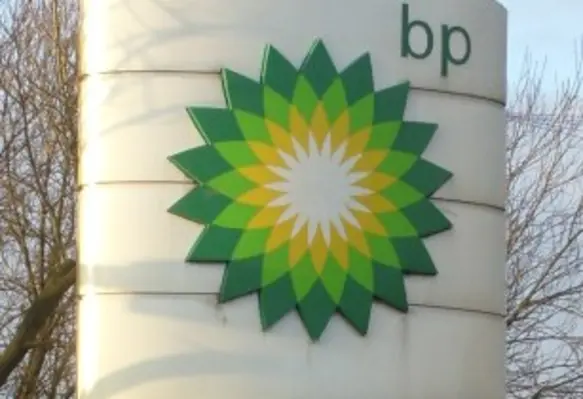The BP Energy Outlook report, released last week, looks at the global energy demand from 2015 to 2035 to layout the different energy resources and how their diversification will change over the next decades to come
Bob Dudley, the BP group chief executive, said, "The global energy landscape is changing. Traditional centres of demand are being overtaken by fast-growing emerging markets. The energy mix is shifting, driven by technological improvements and environmental concerns. More than ever, our industry needs to adapt to meet those changing energy needs."
In the report, BP state that global energy demand will increase by around 30 per cent by 2035, driven primarily by an increase prosperity in developing.
The report states that "The slowing rate of oil demand growth is contrasted by the abundance of global oil resources. The Energy Outlook speculates that the abundance of oil may cause low-cost producers, such as Middle East OPEC, Russia and the US, to use their competitive advantage to increase their market share at the expense of higher-cost producers.
"Gas continues to gain share from coal, helped by energy policies that encourage the shift in both industry and power generation. The main growth comes from China, Middle East and the US."
Although the Middle East does not feature much in the report, it is clear that the diversification of the energy markets will affect the Middle Eastern region over the coming decades.






